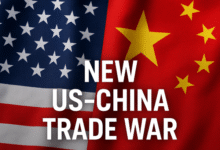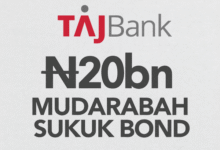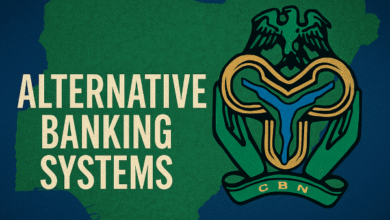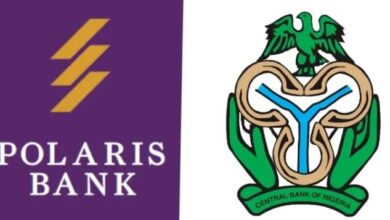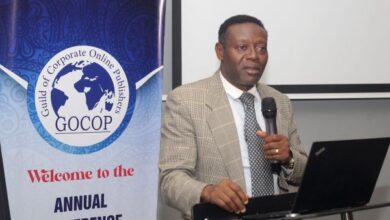DMO lists $1.25bn Eurobond on NSE, FMDQ

The Debt Management Office (DMO) is set to list the 8.375 per cent, 1.25billion dollars, March 2029 Eurobond on the Nigerian Stock Exchange (NSE) and FMDQ Securities Exchange Limited.
The DMO made this known in a statement on Thursday in Abuja.
It said that the Eurobond was issued in March, based on approvals in the 2022 budget, and further approvals by the National Assembly and the Federal Executive Council (FEC).
The DMO said the Eurobond had earlier been listed on the London Stock Exchange.
It said that listing of the Eurobond on the NSE and FMDQ was an indication that DMO was committed to boosting the domestic capital market activities and creating opportunities for local players.
“The DMO will today Thursday, list 8.375 per cent, 1.25 billion dollars, March 2019 Eurobond on the NSE and FMDQ.
READ ALSO:https://brandeconomy.com.ng/ekiti-airport-project-will-be-completed-before-i-leave-office-fayemi/
“The Eurobond was issued in March based on approvals in the 2022 appropriation Act and subsequent approvals received from the National Assembly and FEC.
“Its proceeds were used for financing capital projects in the Appropriation Act. In addition, the proceeds contributed to an increase in external reserves,’’ the DMO said.
The News Agency of Nigeria (NAN) reports that the DMO had in 2019, listed the first Eurobonds, 2.50 billion dollars and 2.86 billion dollars on the NSE and FMDQ Securities Exchange.
Also, earlier in the week, the DMO listed a N250 billion 10-year 13.0 per cent FGN Sovereign Sukuk, due 2031 on the NSE and FMDQ.
(NAN)




